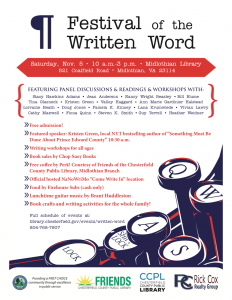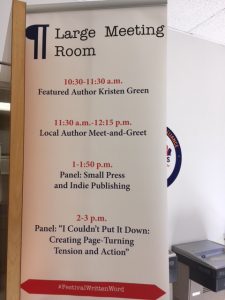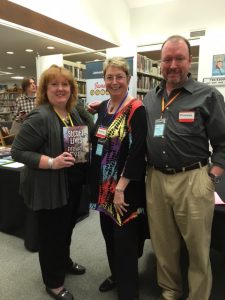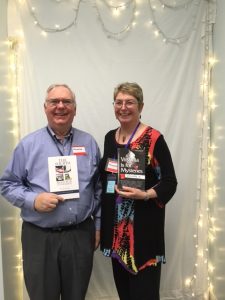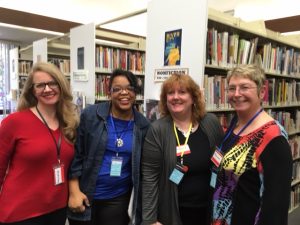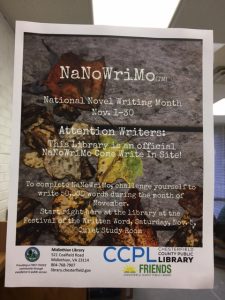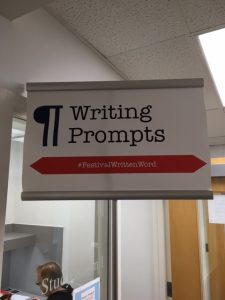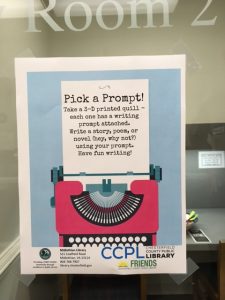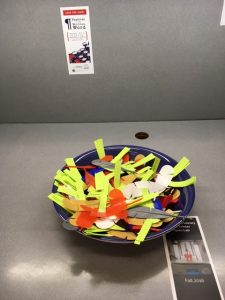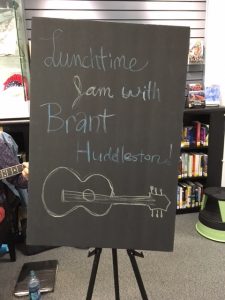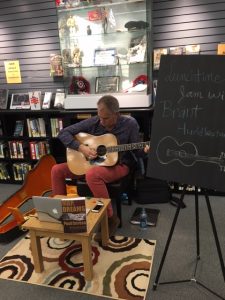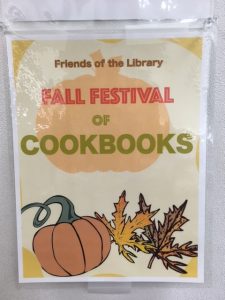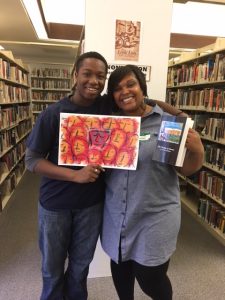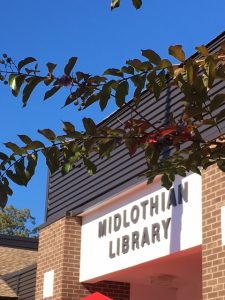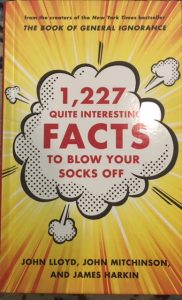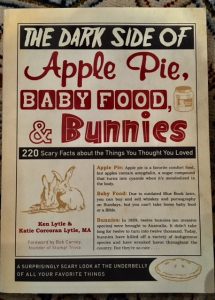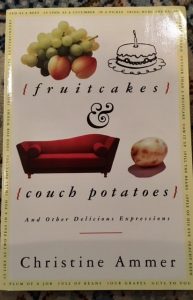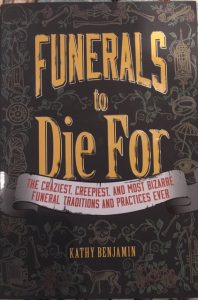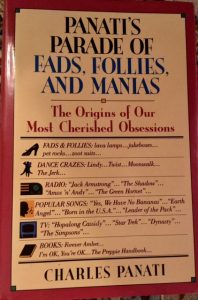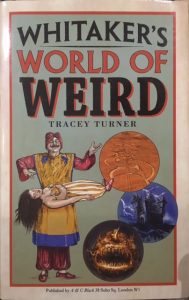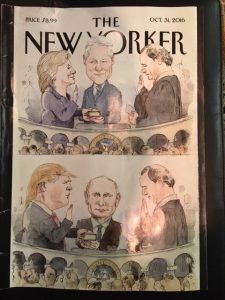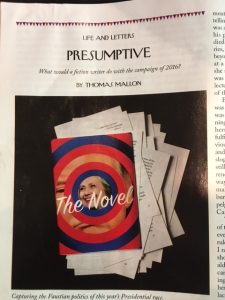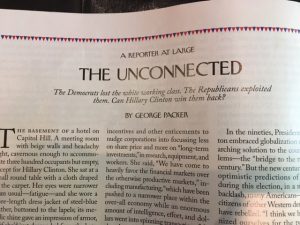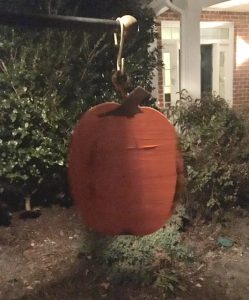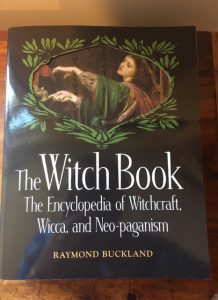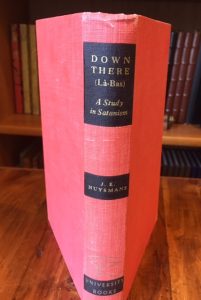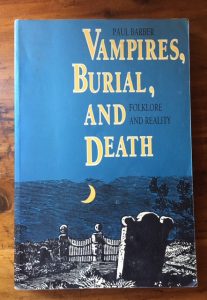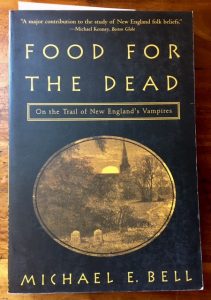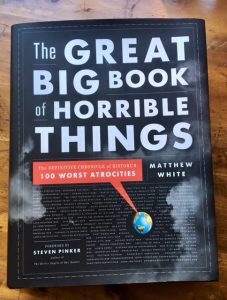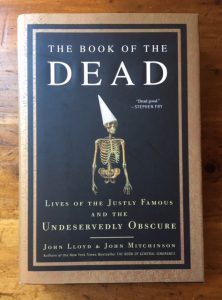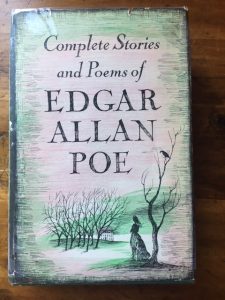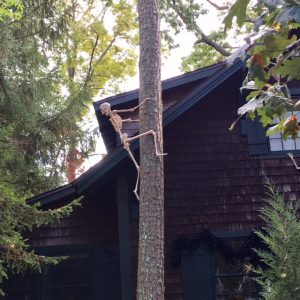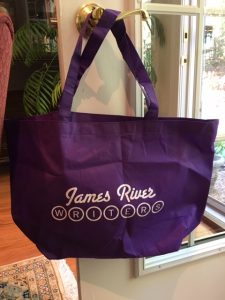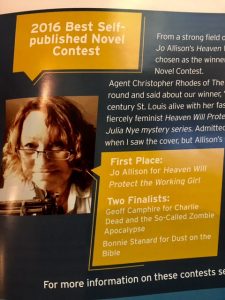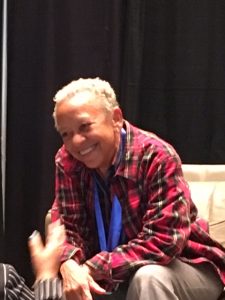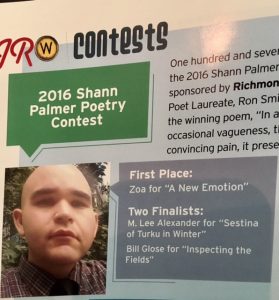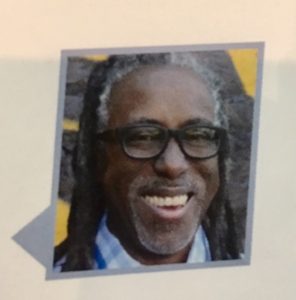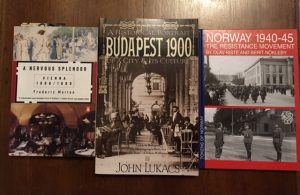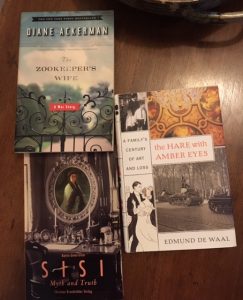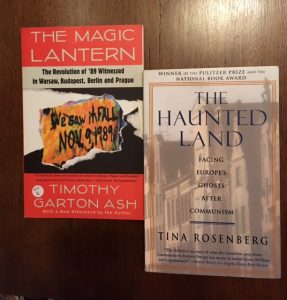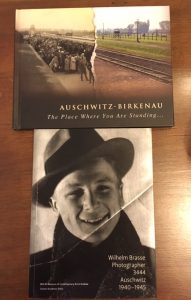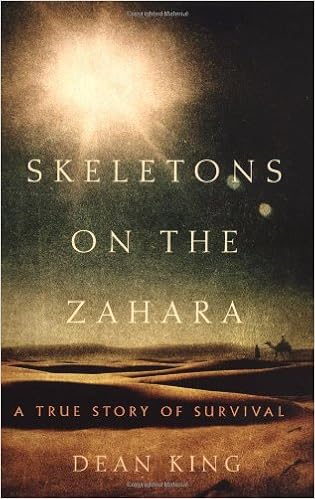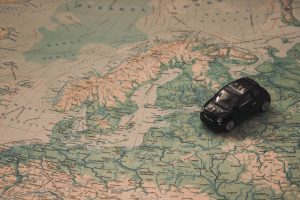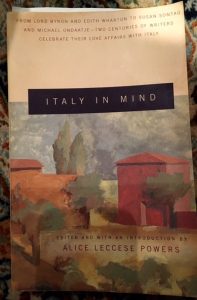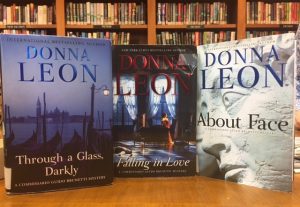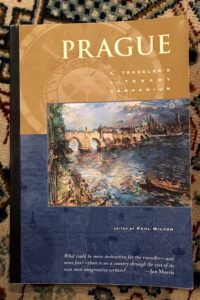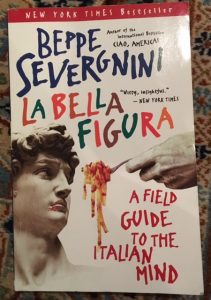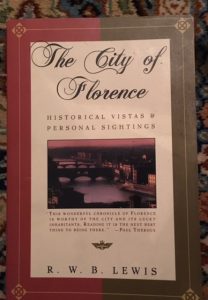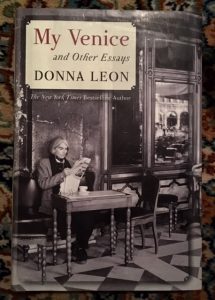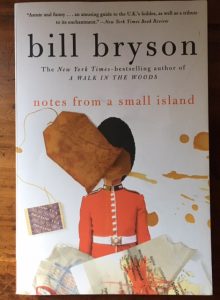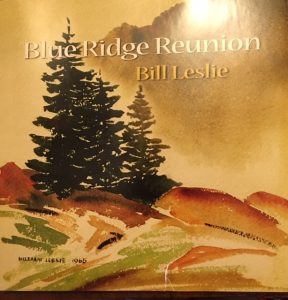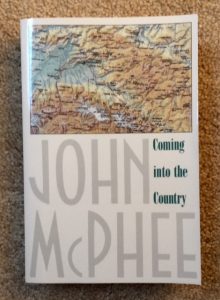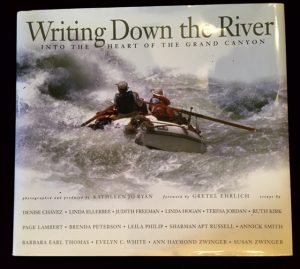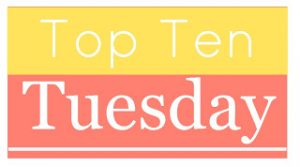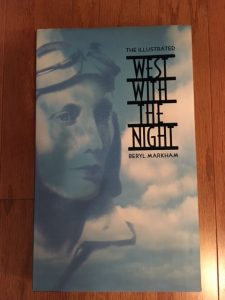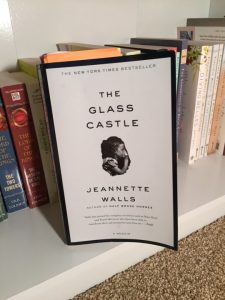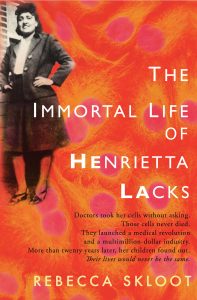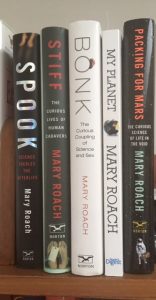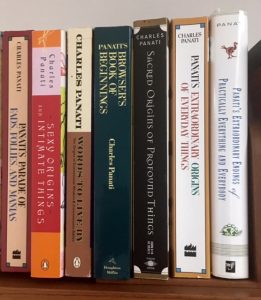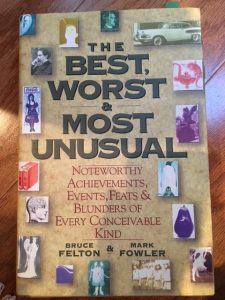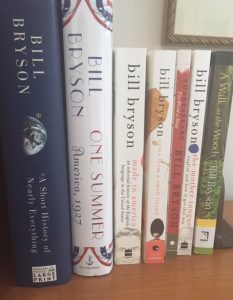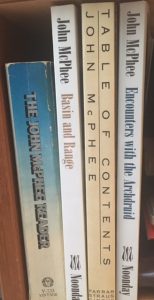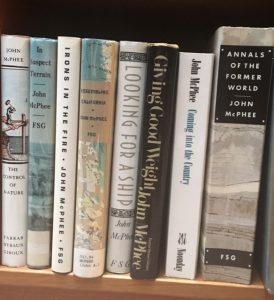—a great event for readers and writers!
As many of you know, I was again on the program at Midlothian Library’s Festival of the Written Word. This was the second annual, and it seems to just get better and better.
I was pleased to moderate and participate in the panel “I Couldn’t Put It Down: Creating Page-Turning Tension and Action.”
I was joined by Sister in Crime Heather Weidner and award winning playwright and local teacher Doug Jones. We had a great audience, attentive and involved, asking lots of good questions. The panel preceding us in that space, “Small Press and Indie Publishing,” must have been a great success too, given that they stayed in place till the last possible minute! This panel included Stacy Hawkins Adams, Sisters in Crime Tina Glasneck and Heather Weidner, and writing colleague Guy Terrell.
This may be reminiscent of a wedding portrait, but notice the books we are holding. Guy is a poet as well as co-author (with Jack Trammell) of The Fourth Branch of Government: We the People, an impassioned presentation discussion of the need for and ways to bring individuals’ voices back into the political process.
As you might have guessed, the program was designed to appeal to a broad range of topics and ages. There were four Sisters in Crime on the program.
Besides the panels mentioned above, they discussed “Crime and the Paranormal in Your Writing.”
Another panel discussion focused on “The Practical Realities of Writing for a Living.” There were writing workshops for kids, teens, and adults, ranging from poetry to memoir.
There were also readings for kids AND “Walk-In Writing Activities and Crafts.” People could gather for some shared NaNoWriMo writing time…
…or pick up a writing prompt—or several—for later plotting.
There was food available and live music by local author Brant Huddleston on guitar.
And of course books! There were book sales and signings by authors on the program, as well as books sales to benefit the Friends of the Library.
Energy was high! There was a lot of chat time, including a Local Writers Meet and Greet. Two of the most interesting people I met were a woman newly arrived in Richmond, Amber Williams, and her son Kai. Here’s a picture of them holding her book, which he illustrated. Watch for them in the future!
Bottom line: This annual event, free and open to the public, has something for everyone! Watch for it next November. And in the meantime, check out other public libraries for fun, interesting, thought-provoking events.
